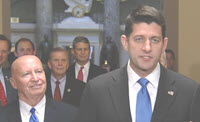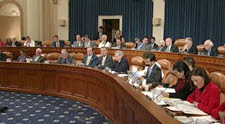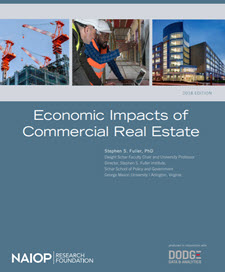Outgoing House Ways and Means Chairman Kevin Brady (R-TX) released a draft bill on Jan. 2 that includes tax technical corrections to previously enacted legislation, including the Tax Cuts and Jobs Act (TCJA) overhaul.
 |
|
Outgoing House Ways and Means Chairman Kevin Brady (R-TX) released a draft bill on Jan. 2 that includes tax technical corrections to previously enacted legislation, including the Tax Cuts and Jobs Act (TCJA) overhaul. |
- Rep. Brady stated, “We are releasing this discussion draft of technical corrections with respect to the TCJA and other tax legislation to inform stakeholders and provide the American people an opportunity to submit feedback on the draft provisions. I look forward to gaining valuable feedback from the public and working with my colleagues in the House and Senate on both sides of the aisle as we continue to provide clarity and certainty for job creators across the country seeking to invest in their workers and our communities.”
- The path forward for a technical corrections bill in the 116th Congress will be set by the new Ways and Means Chairman – Rep. Richard Neal (D-MA).
- The 90-page text of the discussion draft bill is complemented by a Joint Committee on Taxation explanation of the legislation. The bill includes several provisions important to real estate:
- Clarification that the recovery period for qualified improvement property is 15 years, or 20 years under the alternative depreciation system (ADS);
- Clarification that REIT dividends received indirectly by a mutual fund shareholder qualify for the 20% pass-through deduction;
- Clarification that the Opportunity Zone tax deferral benefit only extends to capital gains – a position that was also incorporated in Treasury’s October proposed regulations.
- Numerous other clarifications in the Brady draft relate to business interest (§ 163(j)), the pass-through deduction (§ 199A), and the limitation on active losses (§ 461(l).
 |
|
The path forward for a technical corrections bill in the 116th Congress will be set by the new Ways and Means Chairman – Rep. Richard Neal (D-MA) . |
- There is strong bipartisan support for certain technical corrections, such as the 15-year recovery period for qualified improvement property, which could help spur action on a larger tax package.
- However, the current draft does not clarify that a business electing out of the new interest limitation is subject to a 30-year ADS recovery period for residential rental property placed in service before 2018. The issue could be addressed in future versions of the legislation.
- Prospects for enactment of technical changes is uncertain, although Ways and Means Chairman Neal stated this week that hearings on tax legislation may be held in early 2019 on the TJCA’s impact and alternative proposals. Neal also suggested that he will seek agreement with Ranking Member Brady on legislation addressing healthcare, infrastructure and retirement savings. (Wall Street Journal and Tax Notes, Jan. 4)
The Roundtable’s Tax Policy Advisory Committee (TPAC) will review these proposals, which will be a focus during TPAC’s Jan. 30 meeting, held in conjunction with The Roundtable’s State of the Industry Meeting in Washington, DC.






